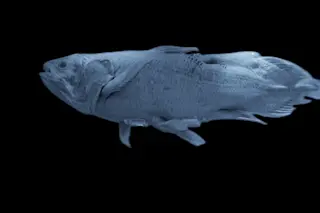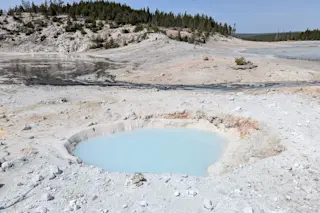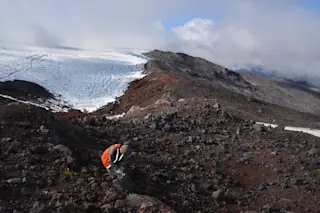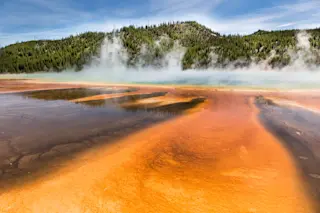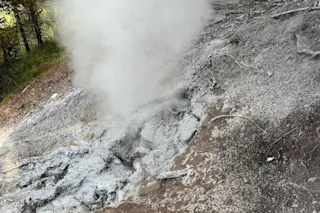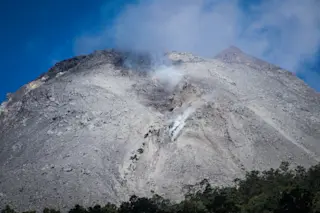It’s well known that an asteroid slamming into Mexico’s Yucatan Peninsula unleashed a catastrophic nuclear winter that ultimately killed off nearly three-quarters of life on Earth at the end of the Cretaceous period, about 66 million years ago. For years scientists have debated whether sulphur released on impact or soot from rampant wildfires acted as the ultimate extinction factor.
Now, in a study published earlier this year in the journal Nature Geoscience, a group of researchers argue that ultimately pulverized rock in the form of dust thrown up by the asteroid’s impact may have driven harsh climatic conditions. By blocking out sunlight, these tiny dust particles set the scene for swathes of life to be snuffed out post-impact — including the dinosaurs.
Tyrannosaurus rex and pteranodon looking at meteorite impact in Yucatan, Mexico, that created Chicxulub crater and induced end of dinosaurs. (Credit: Elenarts/Shutterstock)
Elenarts/Shutterstock
Researchers sought to understand the ...







